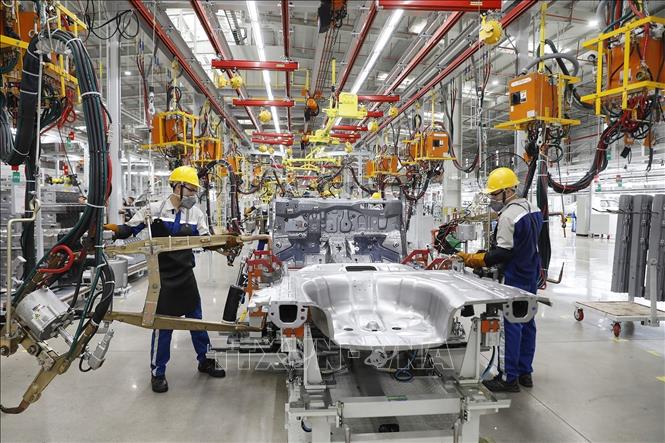
However, to realize ambitious development goals and overcome growing challenges from both the international environment and domestic issues, Mr. Shantanu Chakraborty, ADB Country Director for Vietnam, said that Vietnam needs a strategic shift, focusing on strengthening internal strength, maintaining macroeconomic stability and resolutely implementing breakthrough structural reforms.
In an interview with VNA, Mr. Shantanu Chakraborty emphasized that, first of all, maintaining macroeconomic stability is the top policy priority in the fourth quarter of this year. Signs of risk are increasing as core inflation tends to increase, foreign exchange reserves decrease and the domestic currency is under pressure to depreciate in the context of high global interest rates continuing to put pressure on capital flows, widening the financial and capital account deficits. Meanwhile, the trade surplus is narrowing due to the impact of reciprocal tariff measures. Therefore, restoring and protecting the macro-safety "buffer zone" is a prerequisite to create a solid foundation for growth stimulus measures.
In the short term, when traditional growth drivers from exports and foreign investment face many uncertainties, strategic leverage needs to be shifted to stimulating domestic demand. The focus of this solution is to accelerate and improve the efficiency of disbursement of public investment capital. This is not only a temporary solution to promote growth, but also an opportunity to remove inherent "bottlenecks" in infrastructure, creating spillover effects for the economy. At the same time, fiscal and monetary policies need to be coordinated to support domestic consumption, helping households and businesses overcome difficulties.
However, short-term solutions are only temporary. According to ADB, a long-term challenge for Vietnam lies in the efficiency of resource use. One indicator of this is the ICOR index - reflecting the ratio of additional investment capital to additional output - which shows how much capital is needed to create an additional unit of output (GDP) in a given period. A lower ICOR index indicates a higher efficiency of capital use, meaning that investment is more efficient and creates better growth, and vice versa.
ADB pointed out the fact that Vietnam's ICOR index increased from 7.6 in the 2016-2020 period to 8.5 in the 2021-2024 period, showing a decline in investment efficiency. This is the result of institutional barriers, complicated administrative procedures, weak project implementation capacity and an underdeveloped capital market. The problem of sluggish public investment disbursement in recent years, reaching only 80-85% of the target, is also a clear demonstration of this situation. The above "symptoms" show that Vietnam's problem is not simply how to "spend money" faster, but how to fundamentally change the development model, which is the root cause of this inefficiency.
The ADB believes that Vietnam cannot rely solely on cheap resources to become a high-income country by 2045. Instead, it must shift to a growth model based on high value-added, labor productivity and innovation.
To do so, ADB recommends accelerating institutional and structural reforms. Central to this process is the development of a truly dynamic and competitive private sector. According to ADB, the Government ’s commitments need to be translated into comprehensive market reforms to reduce regulatory compliance costs, strengthen competition regulations, and facilitate access to capital and technology for small and medium-sized enterprises. ADB’s Chief Economist for Vietnam, Nguyen Ba Hung, stressed that if the Government’s reform measures are implemented well, they could contribute to a better growth rate than ADB’s forecast for Vietnam (6.7% for 2025 and 6.0% for 2026).
In addition, Vietnam needs to diversify new growth drivers, including: promoting deep digital transformation, promoting green economy and enhancing resilience to climate change, while investing heavily in improving workers' skills to meet the requirements of the modern economy.
ADB believes that, in a volatile global context, internal strength is the key to sustainable development. Vietnam needs to carefully manage the balance between growth targets and macroeconomic stability. Resolute institutional reforms to improve capital efficiency and unleash the potential of the private economic sector will be decisive steps, helping Vietnam not only overcome the current challenges but also realize the aspiration of becoming a high-income country by 2045.
Source: https://baotintuc.vn/kinh-te/adb-on-dinh-vi-mo-la-nen-tang-de-duy-tri-da-tang-truong-20251009090333308.htm






![[Photo] Worshiping the Tuyet Son statue - a nearly 400-year-old treasure at Keo Pagoda](/_next/image?url=https%3A%2F%2Fvphoto.vietnam.vn%2Fthumb%2F1200x675%2Fvietnam%2Fresource%2FIMAGE%2F2025%2F12%2F02%2F1764679323086_ndo_br_tempimageomw0hi-4884-jpg.webp&w=3840&q=75)
![[Photo] National Assembly Chairman Tran Thanh Man receives First Vice Chairman of the Federation Council of the Federal Assembly of the Russian Federation](/_next/image?url=https%3A%2F%2Fvphoto.vietnam.vn%2Fthumb%2F1200x675%2Fvietnam%2Fresource%2FIMAGE%2F2025%2F12%2F02%2F1764648408509_ndo_br_bnd-8452-jpg.webp&w=3840&q=75)


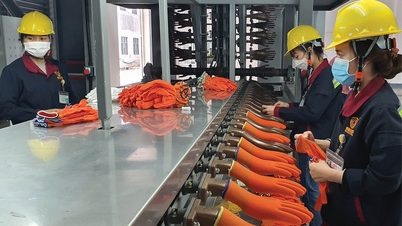



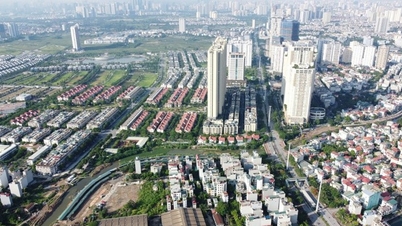

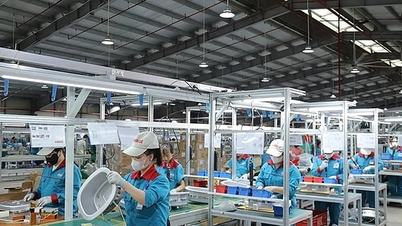


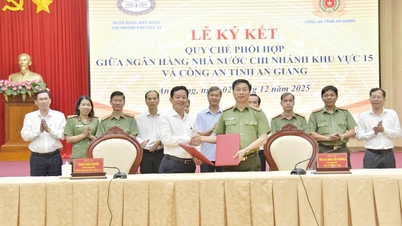

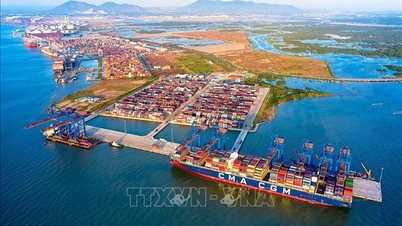














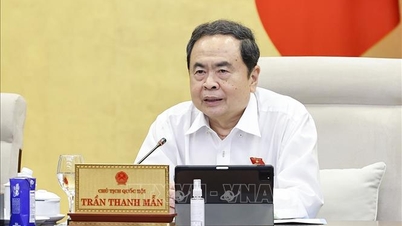
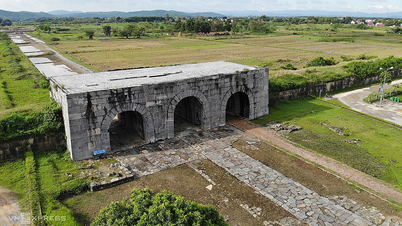








































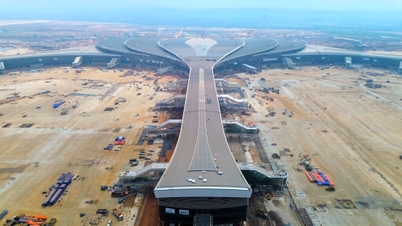




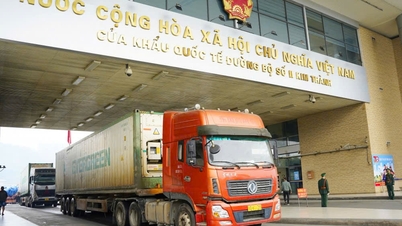



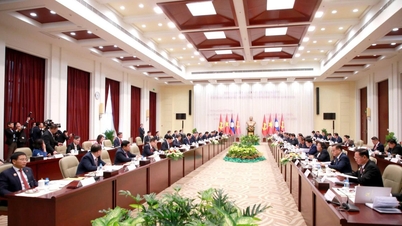

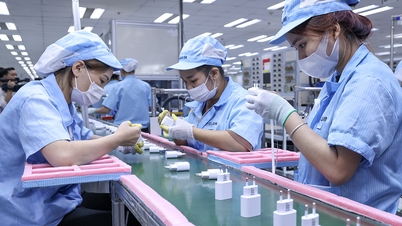


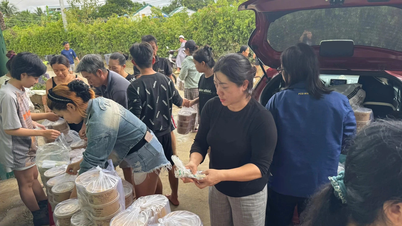
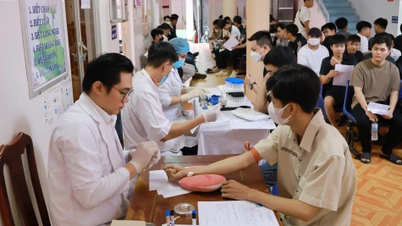
















Comment (0)